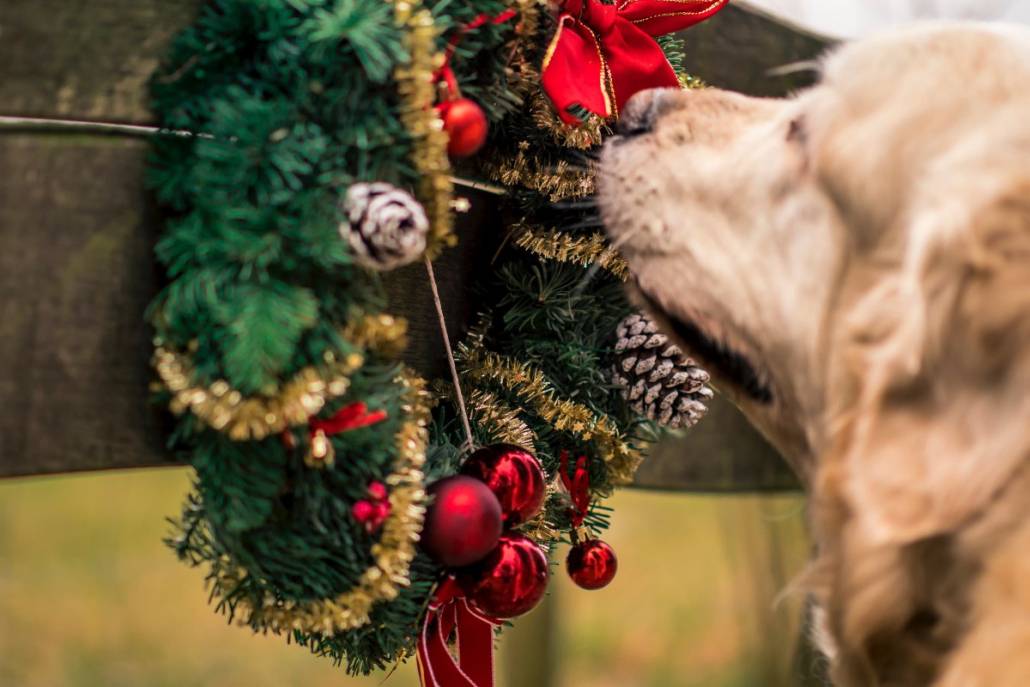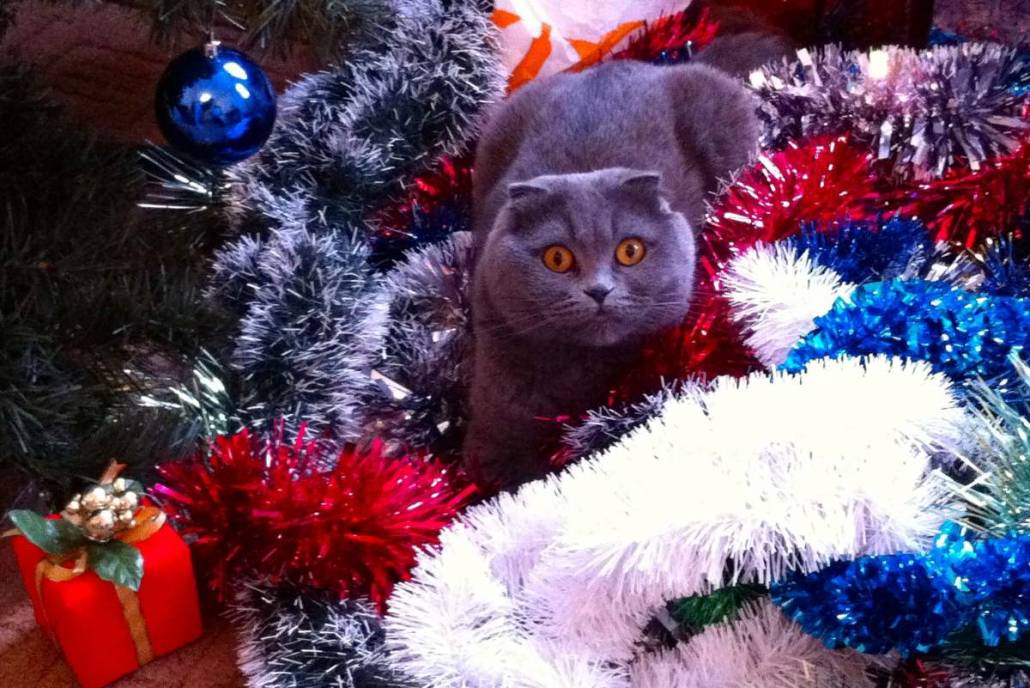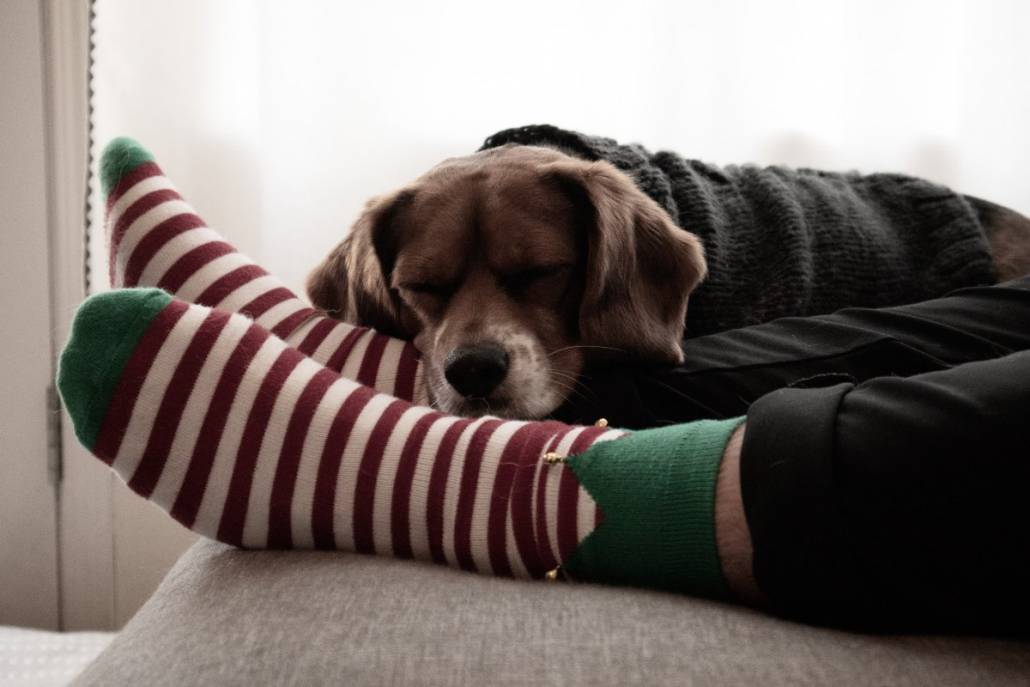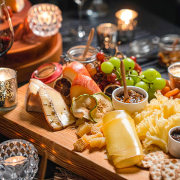How to keep your pets safe this Christmas
Dr Pauline shares her tips to avoid a visit to an ER this festive seasonPeople usually view Christmas as a fun holiday to celebrate, but for our pets it’s actually quite a dangerous period. In order to avoid any festive fatalities or any trips to the ER, check out these tips from Dr Pauline to keep our pets safe.
Christmas treats

During the festive period there are many goodies laying around that are hazards for our pets. One item to avoid at all costs is rawhide pet toys and treats.
The vast majority of them are made from cattle or horse hides which get soaked in many chemicals to split the hides into layers, bleach them and remove the rancid smell. Then they get cut into shapes, and glue and colorings used to form “cute” Santa’s or Christmas trees. On testing many have shown traces of arsenic, mercury, chromium and formaldehyde to name a few, certainly not ingredients to feed our pets.
Read more: Why your pets shouldn’t drink from freshwater streams and waterways
Other holiday goodies to be aware of include foods with a high fat content. Ice cream, raisins, grapes and onions are toxic leading to blood abnormalities and renal failure.
Sweet items that contain artificial sweeteners can be toxic, while chocolate leads to seizures and heart problems. Take extreme care where you store your chocolate boxes and gifts, some pets can open edible gifts wrapped under a Christmas tree. Cats are included in this prank.
Decorations

Certain flowers and plants are dangerous to our pets. Lilies, all parts of them, are fatal to cats causing renal failure. A very good friend of Dr Pauline told her she had received a bouquet of lilies for her birthday and unbeknown to her, one of her cats ingested the lily by-products. Despite her vet trying everything he could, her lovely cat died one week after her birthday bouquet arrived. If you do have cats you should probably never have lilies at home.
Dogs can also get poisoned but are less likely to show such serious side effects. Other toxic plants include mistletoe which causes diarrhoea. The ever-present poinsettia can cause mild irritation to lips and mucous membranes in addition to gastroenteritis.
Read more: Best dog parks in Hong Kong
Activities

Anxious animals perhaps upset by the “extra activities” around them, may turn to objects to chew to release their stress. This is a form of displacement behavior. Interesting things to chew can include cables and cords belonging to festive lights or lanterns, wrapping paper, candles and even the Christmas tree. Dr Pauline has definitely seen several trees demolished by rambunctious pets and once found a Christmas glitter ball in a dog’s digestive system.
When strangers come around, and in particular if your dog or cat isn’t used to visitors, it is a good idea to shut your pet out of the way in a safe room or cage/basket. They will be much happier and you can relax too. Remember as the weather gets colder our pets feel the difference in temperature too. They can get hypothermia so they need warm shelters or bedding at all times and fresh clean water every day.
May we wish everyone, two, four legs, with feathers, beaks and claws a very happy Christmas and a wonderful healthy new year!




